The Center for Biocatalysis and Bioprocessing (CBB) is proud to welcome our 2025 cohort of fellows. Thanks to support of the prestigious T32 Training Grant awarded by the National Institutes of Health (NIH), the CBB Executive Committee is pleased to support six new predoctoral fellows as they continue their academic and research journeys. In addition, we're pleased to announce that six current fellows will continue to receive support through the program, a testament to their academic progress and significant research this past year. Each of our fellows brings a unique background and a shared commitment to advancing innovations in biocatalytic sciences, bioprocessing, and interdisciplinary biotechnology research.
Learn more below about our fellows’ academic interests and current research projects!
NIH T32 Fellows:
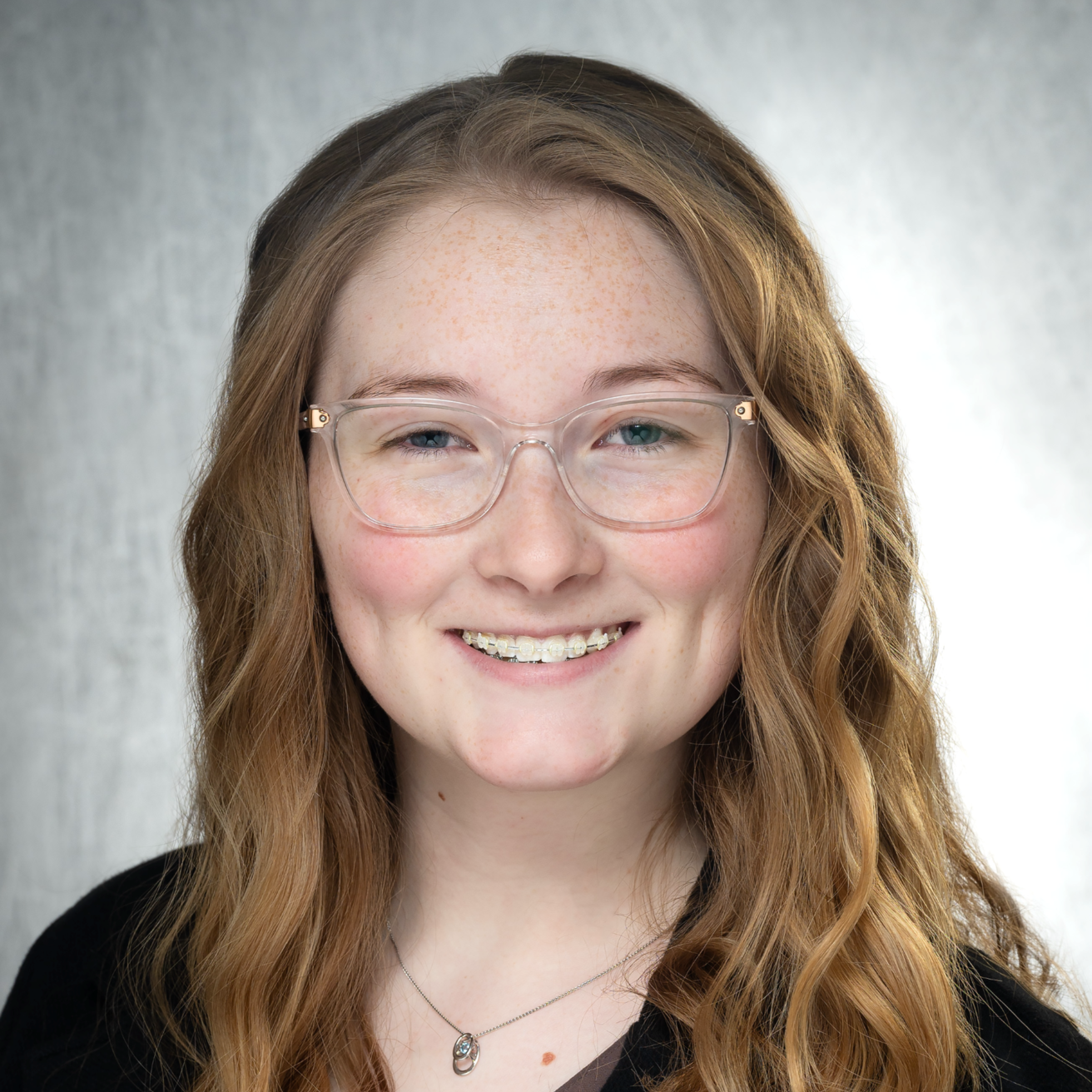
Sarah Jordan
Sarah attended Grand View University in Des Moines, Iowa. During her undergraduate research career, she worked with Dr. Bonnie Hall to understand and optimize the use of PETase in degrading PET plastics. Following graduation from Grand View, Sarah began her Ph.D. at the University of Iowa under the mentorship of Dr. Todd Washington. Currently, as a third year, Sarah is studying the kinetics, mechanisms, and dynamic complexes of translesion synthesis. In her free time, Sarah likes to bike, trapshoot, read, and put puzzles together.

Mary Schad
Mary received her B.S. in Biochemistry and Biology from Missouri Southern State University in Joplin, Missouri. During her time there, she conducted undergraduate research in the areas of cancer biology and medicinal chemistry. Her current research focuses on the design and synthesis of novel small molecules for the treatment of Type II diabetes. The goal is to develop insulin sensitizers that target the GLUT4 pathway to combat insulin resistance. Mary hopes her research can contribute to the development of more effective treatments for Type II diabetes. Outside of the lab, she enjoys going to the gym to stay active and sees cooking and baking as a creative outlet.
Samuel Yu
Samuel was born and raised in San Diego, CA. After graduating from UCR, he worked in industry for one year at Ionis Pharmaceuticals. After coming to the University of Iowa, he became interested in cancer research and joined the Tanas Lab. His current project involves combination therapy targeting the phosphatidylinositol 3 kinase (PI3K) and Hippo signaling pathways in sarcomas. These studies will provide insight into how the two pathways are coordinated to promote a transformed phenotype in sarcomas. Outside of the lab, Samuel enjoys cooking and trying new foods.

Zoe Kramin
Originally from the land of 10,000 lakes, Zoe earned her bachelor's degree in biology from the University of Minnesota-Morris. She came to the University of Iowa in 2023 and started a Ph.D. program in Environmental Engineering under the guidance of Dr. Craig Just. Her research delves into the fascinating world of anaerobic digestion, utilizing spectrophotometers to boost renewable natural gas production. Zoe's research passions include reducing greenhouse gas emissions, eliminating landfills, and controlling microbial processes. Outside the lab, she loves exploring Iowa City and honing her dart-throwing skills.

Joseph Correa
Joseph completed his undergraduate studies at the University of Northern Iowa with degrees in Biology and Biochemistry. He is now studying here at UIowa to earn his PhD in Pharmaceutics. He works in Dr. Brogden's lab with two main projects investigating the transdermal delivery of drugs via microneedles to treat asthma and allergies/anaphylaxis. For these projects, he works with epinephrine and omalizumab. Outside of his education and lab work, he enjoys spending time with friends, arranging music, and video editing. Joseph is also involved with church choirs and Bible studies at the Newman Center on campus.
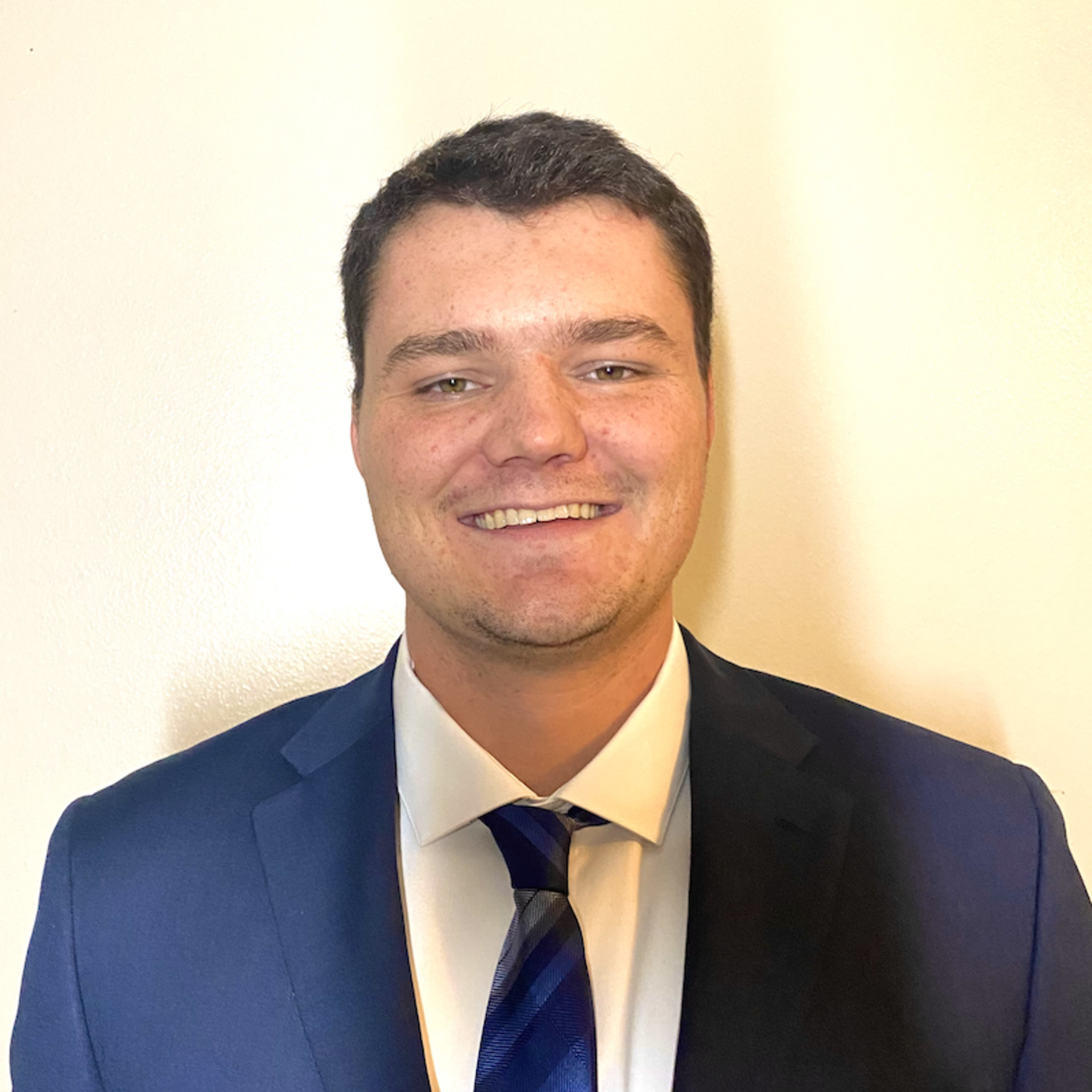
Jacob Miller
Jacob obtained his BS in Biomedical Engineering at the University of Iowa in May 2022. His research interests include molecular modeling and simulation, with specific interest on the effect of missense variants in proteins. He has performed high throughput analyses on millions of variants related to autism spectrum disorder. He is now focusing on computing relative mutational binding affinities of several transcription factors interacting with DNA. He also enjoys helping develop software to improve simulation performance. Outside of the academic realm, Jacob enjoys sports, games, and puzzles. Golfing, snow skiing, and boating are his favorite things to do.
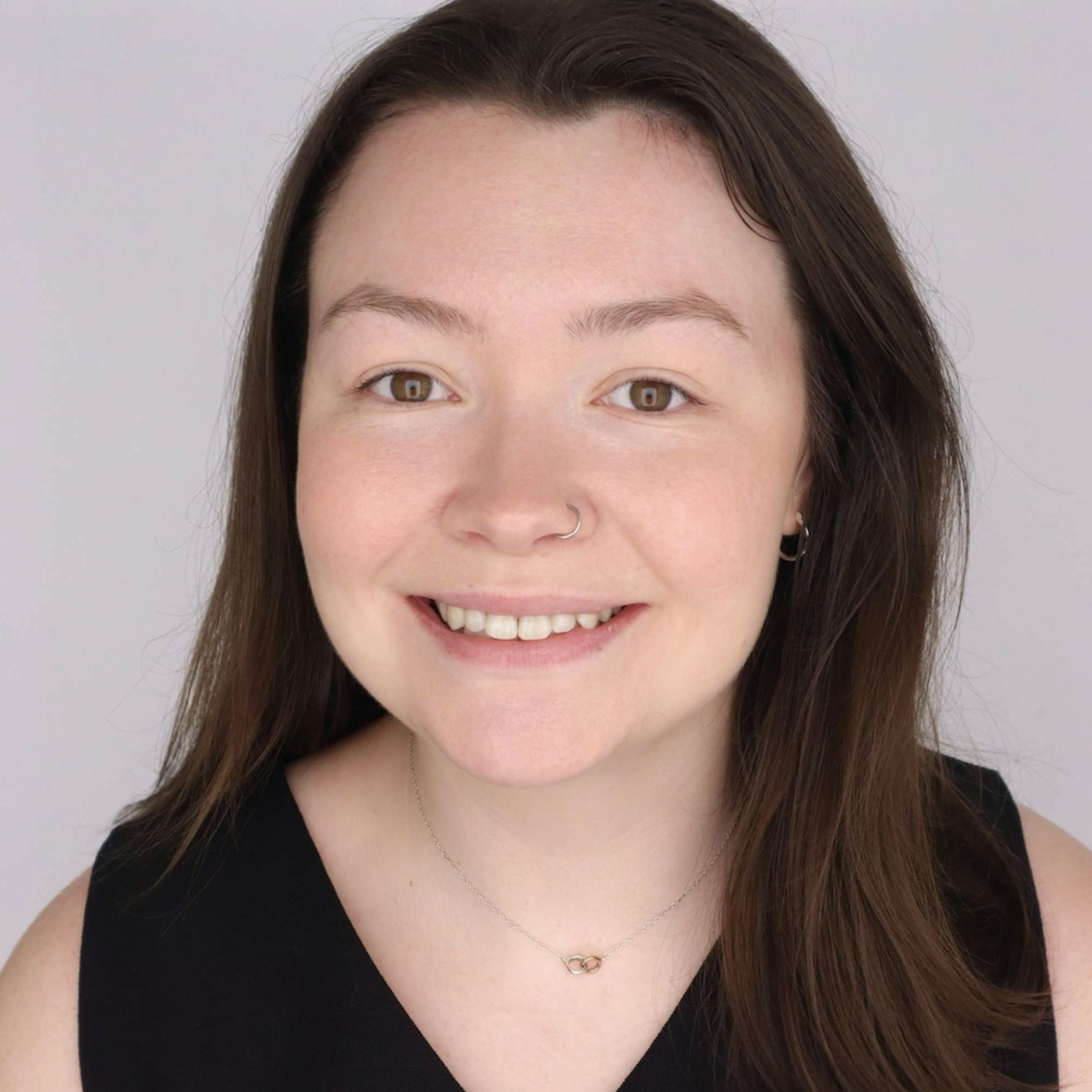
Emily Jansen
Emily earned her BS in Environmental Engineering from the University of Iowa in 2023. As an undergraduate, she conducted research with Dr. Jerry Schnoor and Dr. Reid Simmer, exploring phytoremediation and bioremediation strategies for treating 1,4-dioxane-contaminated groundwater. Now continuing her research in the Mattes Lab, Emily is focused on the bioremediation aspect of 1,4-dioxane treatment. Her work investigates the use of an engineered microbial co-culture to metabolize 1,4-dioxane and the incorporation of biochar to support biofilm growth in treatment systems. With her research increasingly centered on microbial processes, Emily has developed a strong interest in biotechnology and its environmental applications. She aims to contribute sustainable, scalable, and cost-effective solutions to complex contamination challenges. Outside of her academic pursuits, Emily enjoys attending concerts, reading, and playing the viola.
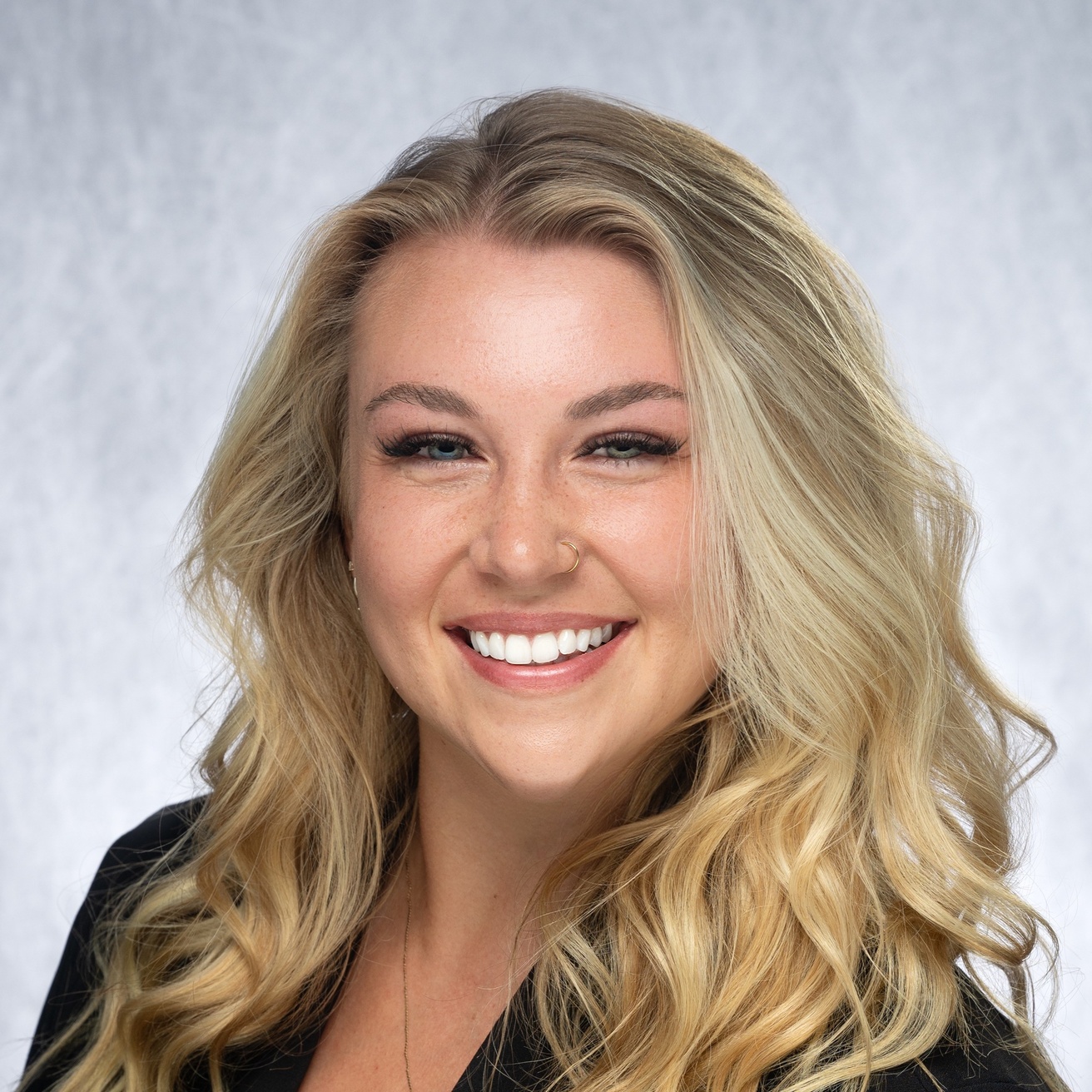
Sophie Granger
Sophie earned a BA in French and a BS in Biochemistry from the University of Iowa, graduating with University Honors and Honors in the Major. Before grad school, she worked in industry for three years and has co-authored several publications, including a first-author paper in Nucleic Acids Research. She received the 2024 Carver College of Medicine Pathway to Excellence Award and an NSF GRFP Honorable Mention. Now pursuing a PhD with Drs. Ashley and Maria Spies, her research explores multiscale protein dynamics in genome maintenance and drug discovery. Using single-molecule and biophysical techniques, she studies DNA-binding proteins and allosteric effects on drug binding. Sophie joined the CBB Fellowship to expand her translational research skills. Outside the lab, she enjoys traveling, yoga, and time with her husky, Haichi.

Sarah Torrence
Sarah attended Grand View University in Des Moines, Iowa. During her undergraduate research career, she worked with Dr. Bonnie Hall to understand and optimize the use of PETase in degrading PET plastics. Following graduation from Grand View, Sarah began her Ph.D. at the University of Iowa under the mentorship of Dr. Todd Washington. Currently, as a fourth year, Sarah is studying the kinetics, mechanisms, and dynamic complexes of translesion synthesis. In her free time, Sarah likes to bike, trapshoot, read, and put puzzles together.
CBB Fellows:
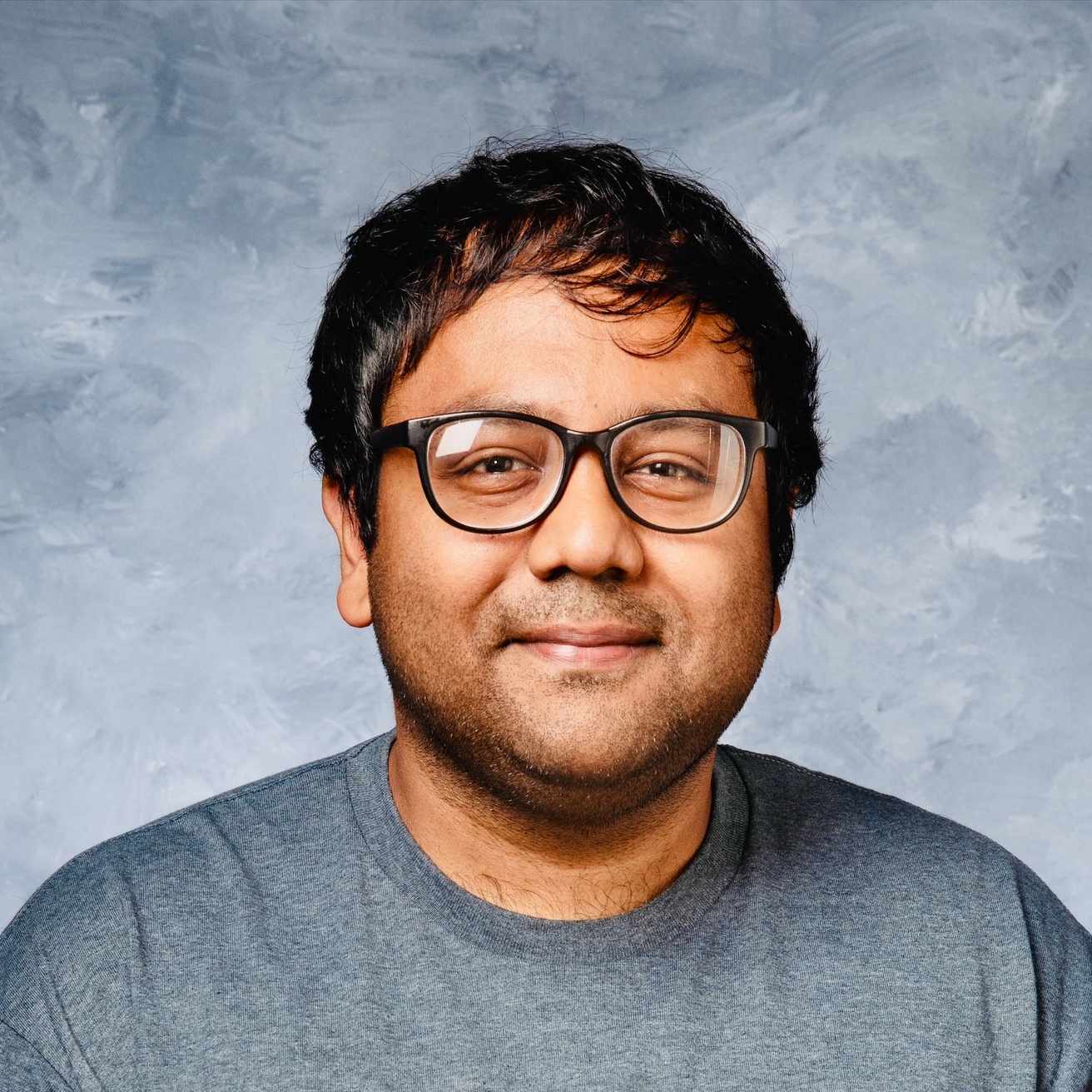
Atonu Chakrabortty
Atonu completed his undergraduate degree in Microbiology at Pusan National University in South Korea as a recipient of the prestigious Korean Government Scholarship Program (KGSP), an experience that sparked his passion for molecular biology and translational medicine. He later earned a master’s degree from Auburn University, where he investigated drug resistance in multiple myeloma using single-cell transcriptomics and gene regulatory networks. Now a PhD student in Dr. McLendon’s lab at the University of Iowa, his research focuses on chemoresistance in ovarian cancer, specifically examining the role of ABCB5 isoforms in drug efflux and survival signaling. He is also exploring RNA-based regulatory mechanisms to uncover isoform-specific therapeutic targets. His work aims to contribute to personalized medicine by identifying molecular vulnerabilities in resistant tumors. Outside of the lab, Atonu enjoys creative writing, science communication, music, cinema, and long walks.
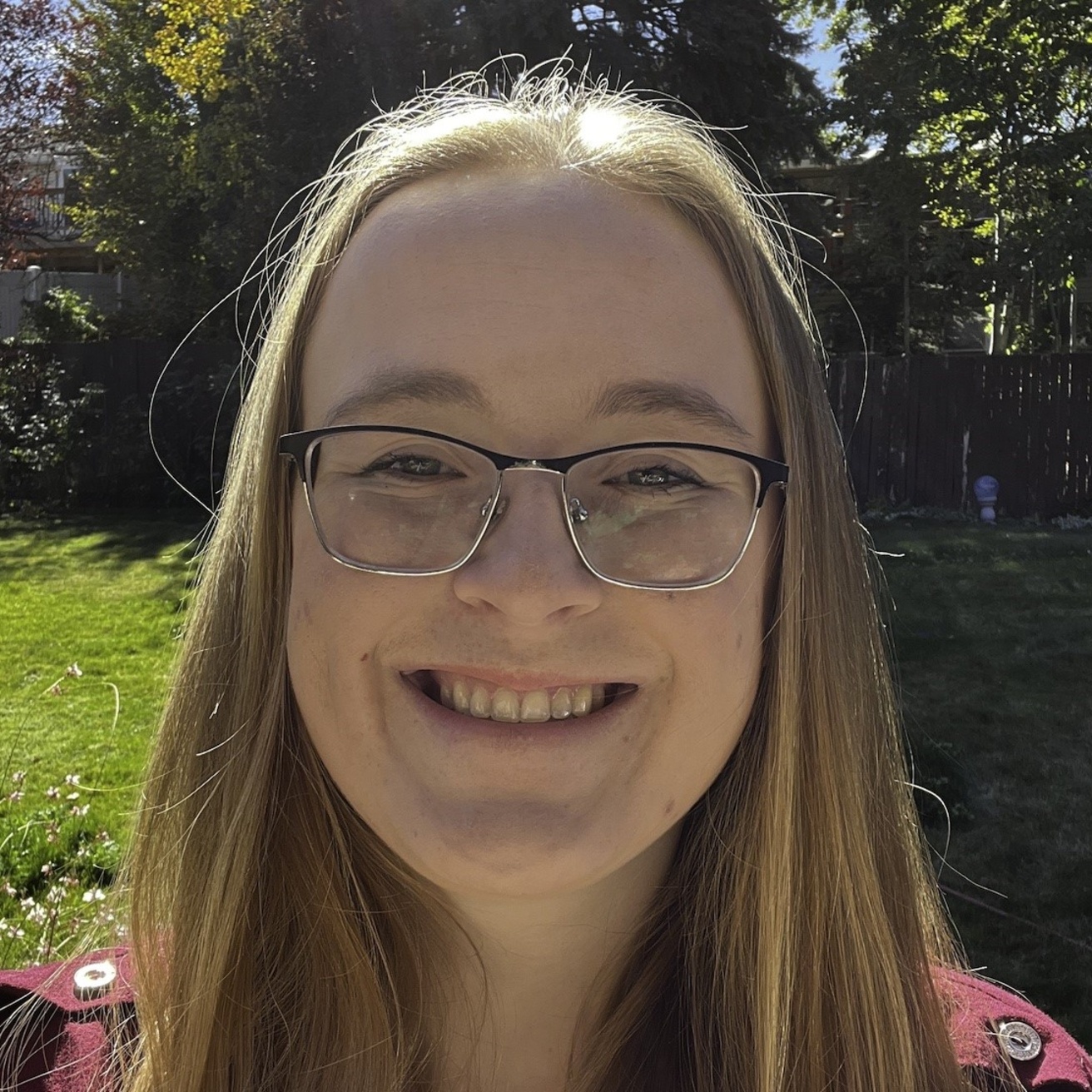
Elizabeth Walker
Originally from the western U.S., Elizabeth earned her BS in Biological Engineering from Utah State University, where her undergraduate research focused on testing hydrolysate media for lab-grown meat cell culture. Now entering her second year as a PhD student in Chemical Engineering at the University of Iowa, she works in Dr. Hyeongmin Seo's Engineered Biosynthesis Lab. Her research centers on bioplastic production and enzymatic plastic degradation, with a particular focus on upcycling strategies to support a circular plastics economy. Elizabeth hopes her work will contribute to reducing plastic waste accumulation by providing insights into sustainable recycling and upcycling solutions. She joined the CBB Fellowship to expand her professional network and gain valuable industry experience that will support her future career in biotechnology. Outside the lab, she enjoys exploring Iowa City, spending time outdoors, and trying new recipes.

Luke Handlos
Luke earned a BS in Biochemistry from Northwest Missouri State University with a 4.0 GPA. As an undergraduate, he completed an NSF-funded REU at Kansas State University, using co-crystallization to study FDA-approved co-formers aimed at improving solubility of a potential anti-inflammatory and anti-cancer compound. He presented this work at the 2022 ACS Midwest Regional Meeting. Luke received the Iowa Pathway to Graduate Excellence Award and was inducted into Gamma Sigma Epsilon, serving as Sergeant-at-Arms. Now a PhD student in the Washington Lab at the University of Iowa, his research focuses on genome maintenance under replication stress, particularly through template switching and translesion synthesis. He studies the fork-remodeling helicase Rad5 and uses steered molecular dynamics to explore DNA translocation in TLS polymerases like polymerase eta. Outside the lab, Luke enjoys baking, fishing, reading fantasy, working out, and Hawkeye sports.